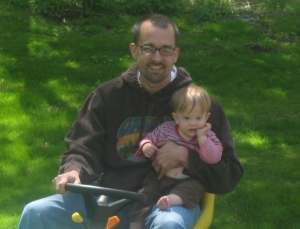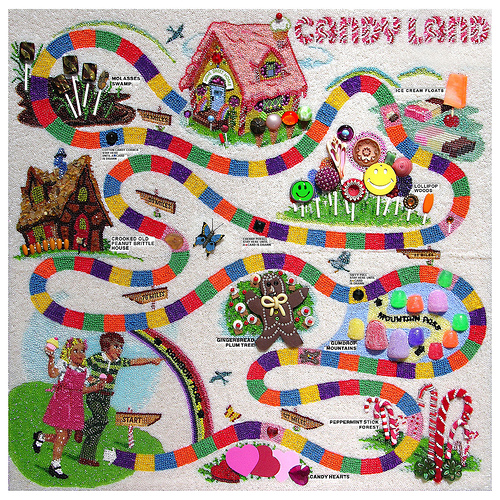First of all, you should know: we’re making progress. The tension and conflict has finally become too great for just one blog to handle. Check out last Friday’s post by Bruce Nuffer over at The House Studio, and see how our Top 10 Candy debate is continuing…ad infinitum…ad nauseum…ad every-latin-word-you-can-think-of-um.
But it’s time to move forward to a new topic, so today I reflect on the good old 1980s (again) and the top 10 movies from my childhood. They are as follows (in no particular order):
Can’t Buy Me Love – since this list doubles as a virtual “Top 10: Where the Stars Got Their Start”, this is the perfect place to begin. Do you recognize the now-famous doctor in the glasses?
Annie – one of the first movies I ever saw in a real, live theatre. The scene at the end, with Anne climbing that train bridge thing, while being chased by Rooster, scared me for weeks. Okay, I’ll admit it – there are ongoing bed-wetting issues.
The Goonies – quite possibly my favorite childhood movie of all time. Remember the scene where they are shouting for help up through the well? For a long time I believed every single well was a portal into a world of adventure, and I never saw a well I didn’t want to climb down into (until I saw The Ring, that is, and now I never see a well without running in the opposite direction as fast as possible).
The Karate Kid – was I the only kid who wanted to sand something, anything, just to practice sand-the-floor? was I the only kid injuring himself while performing crane kicks off the front porch?
Rocky IV – “if I can change, and you can change” . . . go on Stallone, give that tear-jerking “then we all can change” speech one last time.
Space Camp – this 1986 movie launched my Kelly Preston crush. And I totally forgot the little kid was Joaquin Phoenix
 Flight of the Navigator – what if you returned to your house today only to discover that 8 years had passed and you didn’t realize it? What if I watched this movie again and realized Sarah Jessica Parker was in it? Both concepts still totally blow my brain.
Flight of the Navigator – what if you returned to your house today only to discover that 8 years had passed and you didn’t realize it? What if I watched this movie again and realized Sarah Jessica Parker was in it? Both concepts still totally blow my brain.
Back to the Future -Michael J, you’ve never regained your glory from this movie. But who expected you to?
Top Gun -I definitely watched this on the down low. There was no way that I would have been allowed to watch Top Gun when it first came out (I was 10), or at any point in the subsequent 6 – 8 years (but I know that at some point I did).
Airplane – surely you’ve seen this one? Surely?
So what did I miss? And before you say ET…I’ve never seen it.






